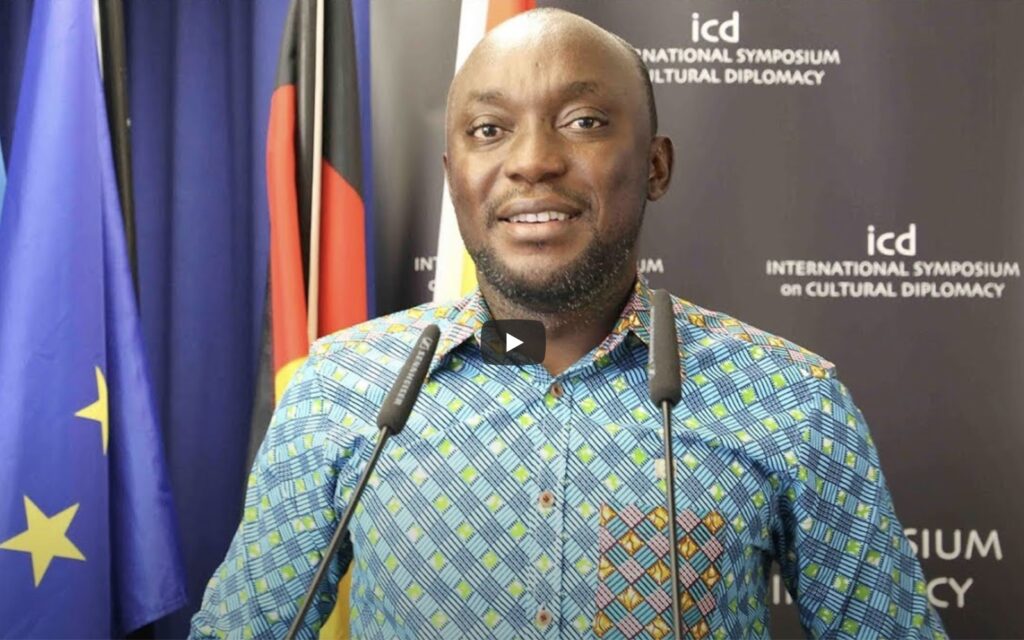
Kingsley Agyeman
Recently, there has been considerable discussion surrounding a report by The Fourth Estate, which raises concerns about the fairness of scholarship awards made by the Scholarship Secretariat. Allegations suggest that scholarships have been granted to individuals deemed unworthy by the standards of the Fourth Estate, primarily due to their connections to affluent individuals or politicians.
The Fourth Estate argues that scholarships should be reserved for needy yet academically accomplished students. This prompts the question: is the situation truly a scholarship bonanza, or is there an underlying skepticism about the legitimacy or quality of the scholarships being awarded? Are they auctioning the scholarships?
Upon closer examination, it appears that sarcasm is at play.
The Fourth Estate has yet to publish instances of qualified applicants being overlooked in favor of those with connections to wealth or politics. On the balance, they have established the fact that some twenty or so individuals benefited due to their connections to politicians and not because they did not qualify for a scholarship. For them, one’s affiliation to a political party is enough to deny one scholarship opportunity.
Which law has the Secretariat breached by awarding scholarships to persons perceived to be rich or politically connected?
Are we suggesting, even for a moment, that individuals from affluent backgrounds shouldn’t receive support from the state? Is that the crux of the matter? Is that what we are advocating for? Have we become this bitter against well-to-do people?
Let’s heal!
I stand ready to support The Fourth Estate if there’s evidence that scholarships intended were being bought by the wealthy, or if scholarships were awarded based on lower academic grade holders, then there would be valid grounds for criticism.
The larger question at hand is whether individuals awarded scholarships meet the necessary qualifications and eligibility criteria, including citizenship status, admission to educational institutions, and passing aptitude tests and interviews by the Secretariat.
From The Fourth Estate’s data, it’s noted that out of the 2,911 foreign awards, only twenty recipients are claimed to be affluent or politically connected. This translates to approximately 0.687% of scholarship recipients.
That is not to say, that all the identified cases by The Fourth Estate are not worth their investigation.
I am vehemently against scholarships aimed at funding studies to join the UK or American Bar, Pre- pre-medical studies, as well as internships abroad and certificate courses
Regarding Gifty Oware’s situation, I find myself reluctant to make a judgment due to the lack of clarity from The Fourth Estate. They neglected to specify whether her studies were conducted online or in a traditional classroom setting, as well as the circumstances surrounding her simultaneous roles as Deputy Executive Director of NSS and a student abroad. It remains unclear if her academic pursuits were endorsed or influenced by the NSS.
It’s essential to emphasize that scholarships for Master’s and Doctorate degrees are typically granted to deserving Ghanaian citizens who have secured admission to educational institutions. Selection criteria revolve around merit, comprehension, motivation, and overall knowledge, rather than simply outperforming their peers.
In my view, rather than solely focusing on concerns regarding affluent individuals receiving scholarships, it may be more constructive to tackle the underlying challenges plaguing scholarship programs like GETFUND, the Ghana Scholarship Secretariat, and the GNPC Foundation Scholarship. These challenges have undermined the integrity of these programs, rendering their endorsement letters ineffective in many foreign universities.
Ultimately, scholarship opportunities should be accessible to all deserving individuals, regardless of their background. Instead of focusing solely on who receives scholarships, attention should be directed toward ensuring the integrity and effectiveness of scholarship schemes.
To restore confidence and address the concerns of numerous Ghanaian youths who feel disadvantaged, the Secretariat should cleanse its image by issuing invitations for applications through state-owned publications.






